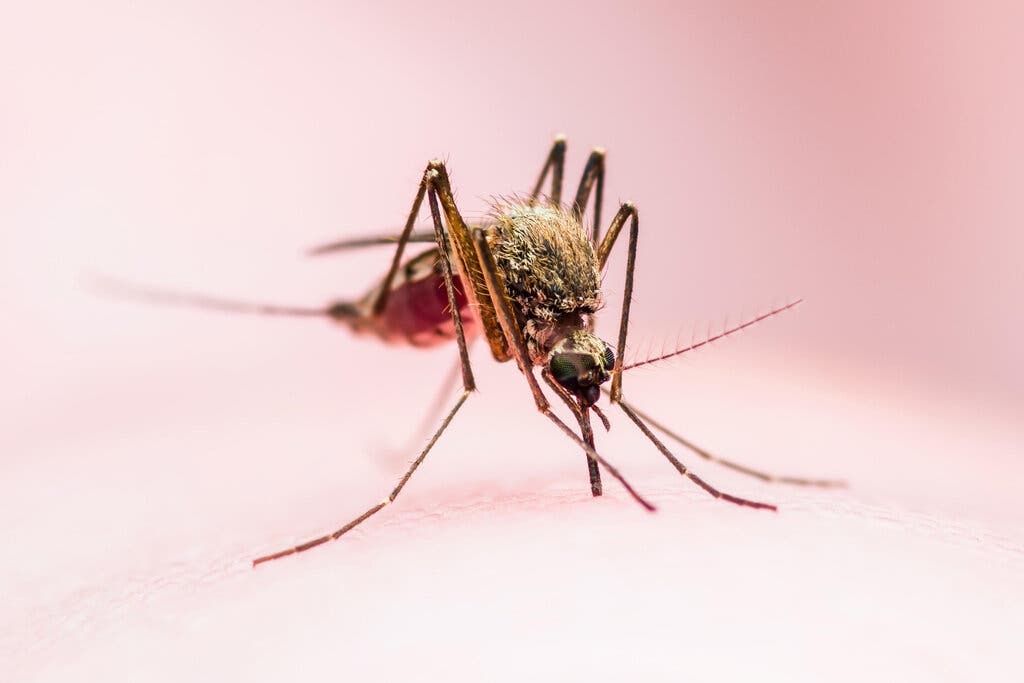World Malaria Day

Introduction
April 25 is the World Malaria Day. Malaria is a fatal disease caused by parasites that are spread by the mosquito species that feeds on humans.
Malaria and its Transmission
Globally, the World Health Organization estimates that in 2020, 241 million clinical cases of malaria occurred, and 627,000 people died of malaria, most of them children in Africa. Because malaria causes so much illness and death, the disease is a great drain on many national economies.
Malaria is not spread from person to person like a cold or the flu. It cannot be sexually transmitted. You cannot get malaria from casual contact with malaria-infected people, such as sitting next to someone who has malaria. However, an infected mother can transmit malaria to her infant before or during delivery.
The four main kinds of malaria parasites that infect humans are Plasmodium ovale, Plasmodium vivax, Plasmodium malariae and Plasmodium falciparum. Among these types, the P. falciparum is the one that causes the most severe infections and, if not treated promptly, can result in death. There is also Plasmodium knowlesi, which normally infects macaques in Southeast Asia. This P. knowlesi can also infect people, resulting in “zoonotic” malaria (malaria passed from animal to human). While malaria is spread by mosquito bites, only the female Anopheles mosquitoes can spread the disease. Furthermore, they must have been infected with a blood meal from an infected human previously. The symptoms of malaria include fever and flu-like illness. These include shaking chills, headache, muscle aches, and tiredness. Nausea, vomiting, and diarrhea may also occur. Malaria may cause anemia and jaundice (yellow coloring of the skin and eyes) because of the loss of red blood cells. If not promptly treated, the infection can become severe and may cause kidney failure, seizures, mental confusion, coma, and death.
Yes, malaria is a disease that can be fatal. However, the illness and death caused by it are usually preventable.
Prevention of Malaria
A vaccine is now available for preventing malaria. It has approval for children who live in moderate-to-high risk areas in Sub-Saharan Africa, where infection with P. falconium is common. However, it is not for use by travelers. So far, health experts have administered over 2.3 million doses, and it has a good safety profile. While the vaccine will save lives, it is not 100% effective. Currently, in children under the age of 5 years, the malaria vaccine can reduce the risk of an episode by 40%. The other methods of fighting malaria include drugs, insecticides, and insecticide-treated bed nets. Attempts at producing an effective malaria vaccine and anti-malarial medication are on-going.
You and your family can most effectively prevent malaria by taking all three of these important measures: (1) keeping mosquitoes from biting you, especially at night; (2) sleeping under insecticide-treated bed nets, using insect repellent, and wearing long-sleeved clothing if out of doors at night; and (3) taking preventive vaccine or anti-malarial medication.
Conclusion
Malaria is a life-threatening disease that can occur if a person has a mosquito bite that carries certain types of Plasmodium parasites. The symptoms include a fever and chills, which may disappear after a few days but can reappear several weeks or months later. If you developed symptoms up to a year after traveling in an affected area, you can consult with MyPocketDoctor. The MyPocketDoctor has been actively delivering telemedicine services. You can certainly enjoy these conveniences right at your fingertips by downloading the MyPocketDoctor APP and talking to our team of doctors about your health concerns. MyPocketDoctor can be contacted through its Facebook page and/or agent chat on the website www.MyPocketDoctor.com. You may check the Frequently Asked Questions (FAQs) through this website.
Reference:
https://www.cdc.gov/malaria
https://www.medicalnewstoday.com/articles/150670#summary
